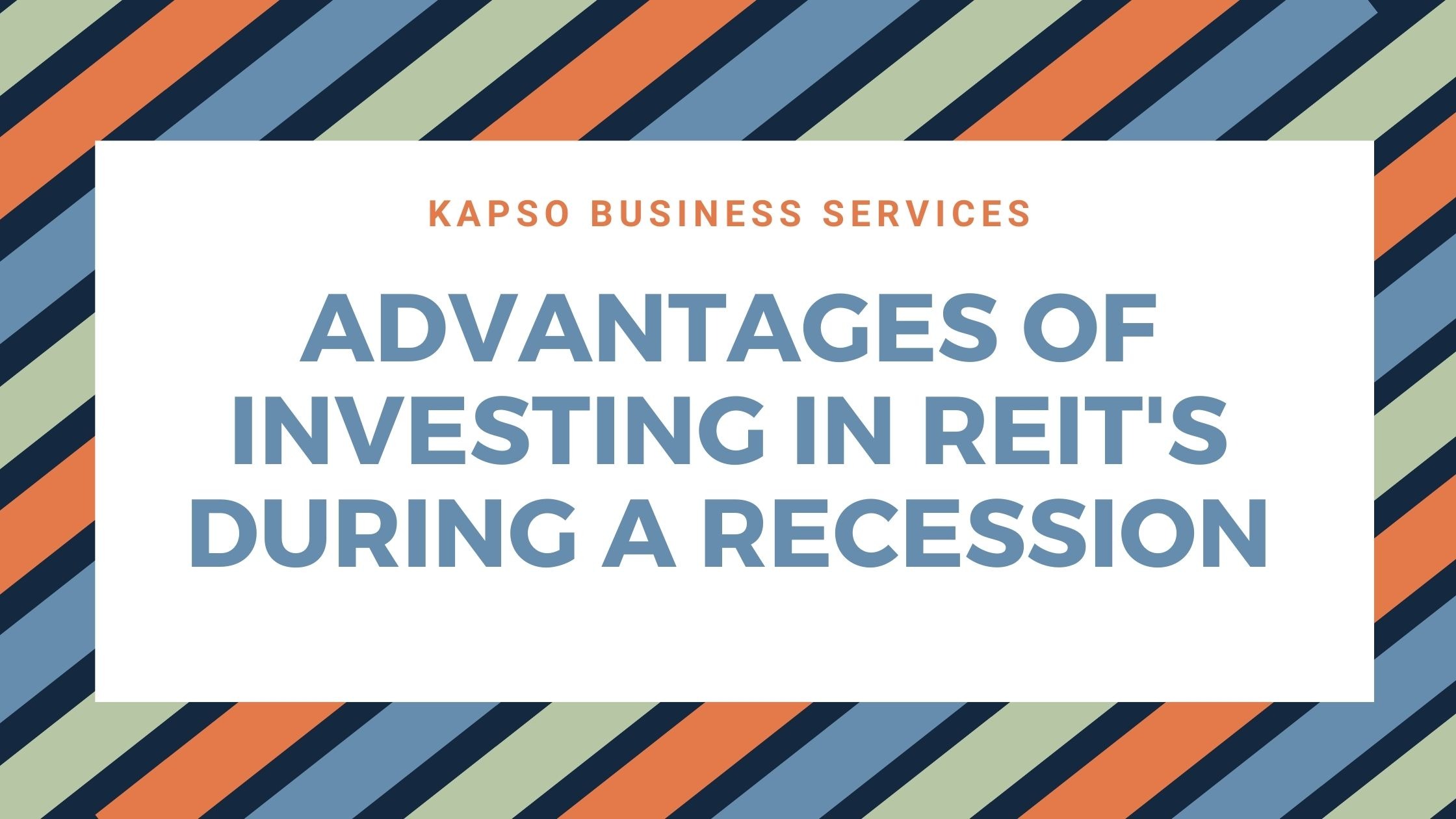Investing and playing in a global share market is not every player’s game. Day to day fluctuations seen in the market are as high as 10% this year. These has investors turning their head towards finding something new. REIT is an option that attracts many investors. Before digging in the options of REITs, let’s understand what is a REIT?
REITs stands for real estate investment trusts. REIT allows smaller investors to get into listed properties without a significant investment. Here’s a brief from Investopedia about how REITs started:
Congress established real estate investment trusts (REITs) in 1960 as an amendment to the Cigar Excise Tax Extension of 1960 that allows individual investors to buy shares in commercial real estate portfolios that earn income from a variety of properties. To sum it up, REITs allow the smaller investors to step into the ground for big investors as far as properties are concerned.
There are publicly-traded REITs, mutual funds or ETFs where one can practice REIT investing. Option to buy and sell shares of these REITs like stocks, ETFs, or mutual funds is also available.
There are publically non-traded REITs which are less liquid than publicly-traded REITs as they don’t trade on national exchanges like mutual funds and ETFs. These saves the investors from the market fluctuations that are there in publicly-traded REITs.”
What About Investing in Land?
Investing in land or raw land is something that attracts many investors but they find it costly at times. The main reason seen among investors for not seeking a land investment is the upfront investment needed. However, there are land investments that require lower initial investments. FarmTogether is an example of one of those firms that manage such investments.
FarmTogether is not one of the Real Estate Investment Trust (REIT). With FarmTogether, you choose the farmland, its location, and the type of crops. The investor has full authority of where their money gets invested. Investors own units of an entity solely dedicated to the ownership and operation of an asset. REIT shares, on the other hand, do not offer physical ownership of a piece of real estate. Investors are bound by company management decisions and their strategy, the properties they purchase, and ultimately to the stock market’s constant fluctuations.
FarmTogether offers a lower investment opportunity that allows investors to own raw land. Real land is less subject to inflation and more stable than many other investments as there isn’t going to be an addition that is subject to supply and demand concept that can increase or decrease its value.
Best REITs – Accredited Investors
Accredited investors are big players who possess $1 million of net worth (exclusive of primary residence) or at least $200,000 annual income (single taxpayer) or $300,000 (Joint filing) in the last two years. For such investors the options are huge. Real estate is one of the tops and the most significant option.
Yield Street
YieldStreet is the one considered as a fixed income alternative investment. Some of the fields that the investment team focuses on are investments in litigation finance, real estate, consumer, and commercial financing. Before only hedge funds and other institutional investors had access to get into such investment. But with the help of Yieldstreet, the option is now open for accredited investors also.
They offer multiple options from which investors can choose. The minimum and maximum investment depend on the offer investor chooses. The minimum investment is usually $10,000 which is much lower than many alternative investments.
Peer Street
PeerStreet is another option for alternative investment in the real estate space. The team invests in loans backed by real estate rather than properties. The quality of the loans is directly proportional to the quality of the real estate backing the loans.
Usually, the loans they offer have shorter terms and are not heavily leveraged which makes them potentially less risky loans. Although having a target audience as accredited investors, their minimum investment for most of these loans is $1,000. That encourages investors to give it a try with a much lower initial investment.
Best REITs – Crowdfunded
Crowdfunded REITs are widely popular right now. The reason is that investors can start investing in these REITs with as little as $500. These newer funds register with the SEC as exempt funds, typically under the SEC’s Regulation Crowdfunding. Crowdfunding offers a solution for investors with smaller amounts of money to invest in things commonly only available to the wealthy.
Here are few crowdfunded REITs
Fundrise
Fundrise has invested over $2.5 billion to date, has a history of above-average returns, and has become one of the most known crowdfunded REIT. Investments can be done in three ways.
Supplemental Income Fund – It is for those who want to generate regular income through real estate investment.
Balanced Fund – Investors interested in little income along with the growth of investment, choose the balanced fund.
Growth Fund – Investors who are focused on increasing the value of the properties, so they can make money upon the properties’ sale can choose this option.
DiversyFund
DiversyFund is one of the fresh players in the crowdfunded real estate space. DiveryFund’s investment strategy is on growth, unlike fundrise. The DiveryFund team finds multi-family properties that have positive cash flow in good neighborhoods. The properties that need some work such as the building might need a new roof, updated bathrooms or kitchens, or maybe a fresh coat of paint.
With the renovations, they can charge more rent when the leases expire, and new tenants come on board.
Best REITs on Stock Exchanges
One of the most usual route to invest in REITs is by investing in publicly traded exchange-traded funds (ETFs). ETFs get traded like stocks, unlike mutual funds that change every day. Investors can trade them at the current public market price throughout the day.
The advantage of REITs that are ETFs is the simplicity of buying and selling. Most investors are familiar with the process of buying stocks, bonds, and mutual funds. So, investing in an ETF that is a REIT offers a familiarity that makes many feel more comfortable.
Here are a few of the best REIT ETFs.
Vanguard Real Estate ETF
Vanguard is the largest and, arguably, the most recognized names in the mutual fund industry. The Vanguard REIT (VNQ) is one of the largest and most popular. Consistent income can be earned by investors using this ETF.
In typical Vanguard fashion, VNQ has a low expense ratio of 0.12%. The investment yield (income) provided is around 4% which is a nice income in today’s market. Like the vast majority of Vanguard’s funds, VNQ is an index fund. That means its returns would closely mirror the performances of the MSCI U.S. REIT Index.
iShares Global REIT ETF
For further diversification into the REIT ETF space, consider the iShares Global REIT ETF (REET). As the name suggests, REET invests in REITs around the world, adding another layer of diversification. REET tracks the FTSE EPRA/NAREIT Global REITs Index. The fund invests in publicly-traded REITs in both developed and emerging markets.
A recent allocation showed that over 67% of the REITs were U.S. based companies. The next three highest percentages are Japan (9%), Eurozone (5%), Australia/Asia (4.5%), and the United Kingdom (4.2%).
International REITs often offer a potentially higher income yield than their U.S. counterparts. That makes adding a percentage in a global REIT beneficial.



